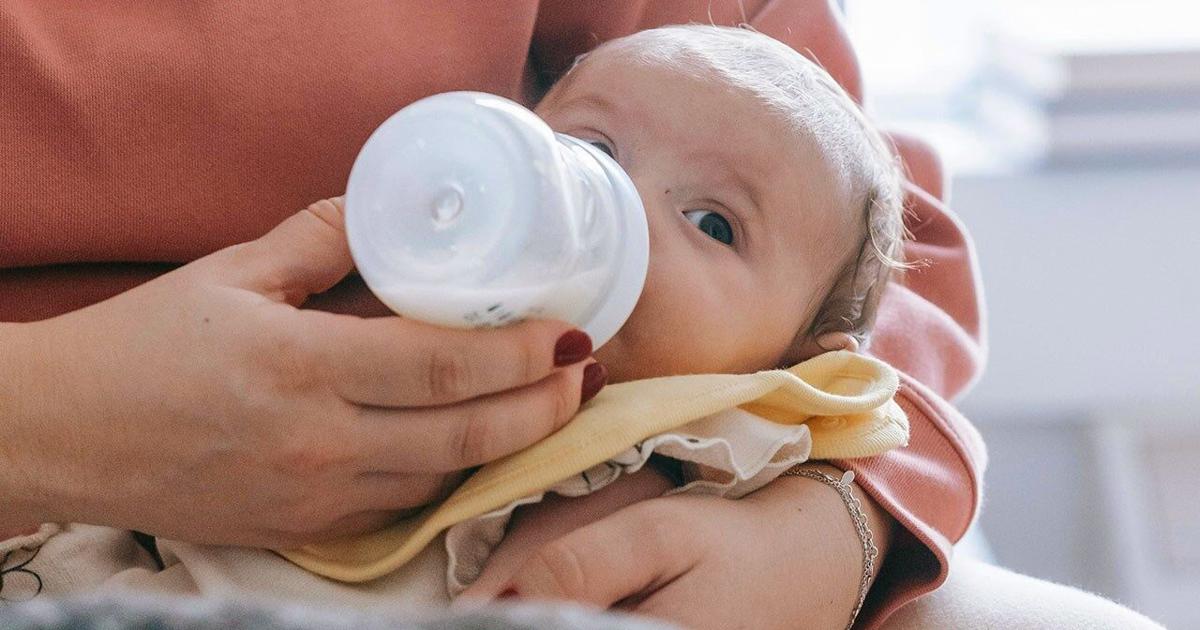Wisconsin Marks 50 Years of WIC Services


Celebrating 50 Years of WIC: A Lifeline for Wisconsin Families
WISCONSIN (WQOW) – This week marks a significant milestone as the Wisconsin Department of Health Services (DHS) recognizes the 50th anniversary of the Women, Infants, and Children (WIC) program. Since its inception, WIC has played a pivotal role in supporting low-income families across the state by providing vital nutritional assistance and resources to promote the health and well-being of mothers and their children.
On Wednesday, Governor Tony Evers proclaimed it Wisconsin WIC Day, an occasion that calls both for celebration and reflection. This day honors the countless families who have benefited from the program over the decades, as well as the dedicated individuals who work tirelessly to ensure its success. “It’s important to acknowledge the successes and the impact of WIC over the last five decades,” said Dr. Jasmine Zapata, a chief medical officer with the DHS. “This program has been a vital resource for families, and today we celebrate not just its history, but also its future.”
WIC, officially launched as a pilot program in 1972, serves as a crucial safety net for women, infants, and children under the age of five. Its mission has always been clear: to improve the health of families by providing access to nutritious foods, breastfeeding support, nutrition education, and referrals to healthcare services. These services are essential in ensuring that children receive the necessary nutrition to grow and thrive during their formative years.
In Wisconsin alone, WIC operates 61 service sites, reaching over 90,000 individuals each month. However, there’s a pressing concern regarding participation among eligible families. Dr. Zapata emphasized that many families who qualify for WIC are not taking full advantage of the benefits available to them: “Not every family in the state who qualifies for WIC is utilizing the wonderful breastfeeding support, nutrition supplements, and educational resources that we provide,” she stated. This highlights an urgent call to action for advocacy and outreach to ensure that no eligible family misses out on this vital support.
The Eau Claire County government center is one of the many sites where families can access WIC services. According to the latest report from 2022, the program supports over 500 women and 1,000 children in this area alone. This data underscores the program’s crucial role in fostering community health and stability, particularly for those who might find it difficult to access nutritious foods and education on healthy eating.
The significance of WIC extends beyond just food assistance; it fundamentally seeks to address nutritional disparities faced by low-income families. Research shows that adequate nutrition during pregnancy and early childhood is critical. WIC helps to reduce the risk of poor birth outcomes and to promote healthy growth and development in children. The program provides vouchers for nutritious foods such as fruits, vegetables, whole grains, and dairy products, and it encourages breastfeeding as the healthiest start for infants.
The anniversary celebration also serves as a reminder that while progress has been made, there is still work to be done. Dr. Zapata urges communities, healthcare providers, and local organizations to help raise awareness of the WIC program: “We need everyone—healthcare providers, community organizations, even families themselves—to talk about WIC. There are many families who could benefit from our services, and spreading the word can ensure they get the support they need.”
The 50th anniversary is not only a time for celebration but also an opportunity for renewal. The Wisconsin DHS is committed to expanding outreach efforts and ensuring that eligible families know about the services available to them. This includes ongoing partnerships with local agencies and community events aimed at informing families about how they can access WIC benefits.
In conclusion, the celebration of 50 years of WIC is a testament to its importance within the Wisconsin community. The program has touched the lives of countless individuals, building a healthier future for generations to come. As we commemorate this milestone, it’s essential to recognize the significance of ensuring that all families understand and can access this lifeline, allowing every child to have the best start in life possible. Let’s keep the conversation going about WIC and strive to make sure that every eligible family benefits from this critical program.





